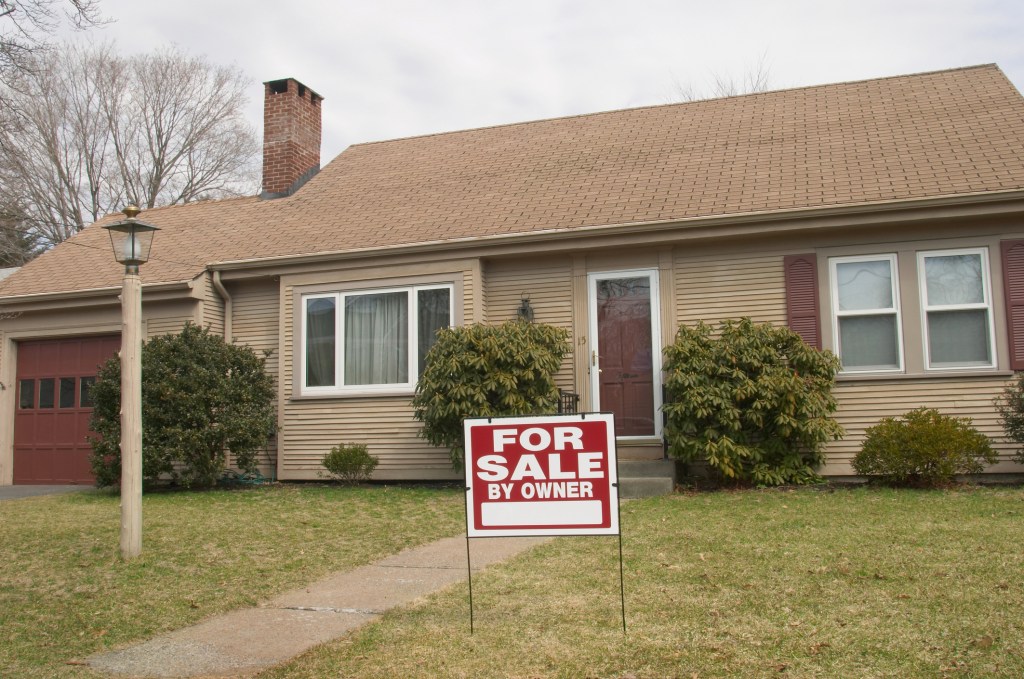T
he high cost of housing in America has led to widespread despair among potential homebuyers. The primary barrier to ownership is the down payment, and with nearly two-thirds of renters experiencing negative cash flow, saving for a home becomes increasingly difficult. In response, many in the real estate industry are disappointed by the decision to end support for Special Purpose Credit Programs (SPCPs), which helped Americans overcome the hurdle of homeownership.
These programs were designed to benefit historically excluded groups and provided targeted lending products that addressed specific barriers to ownership. However, on March 25, Bill Pulte, director of the Federal Housing Finance Agency, terminated Fannie Mae and Freddie Mac's involvement in these programs. This move has been met with criticism from housing observers, who argue it will hinder progress towards improving homeownership rates.
SPCPs were developed by lenders to encourage ownership among underserved communities. By buying these loans, Fannie and Freddie enabled nearly 15,000 households to achieve homeownership in 2023 alone. A letter from 18 members of Congress urged the regulator to reverse this decision, citing the success of these programs in providing down payment or closing cost assistance.
The value of homeownership extends beyond financial benefits, as it connects Americans to their communities and provides a sense of responsibility. However, with rising costs and economic uncertainty, many are opting out of homeownership altogether. Despite the availability of over 2,500 down payment assistance programs across the country, housing observers believe that SPCP programs were unique in providing a crucial boost to first-time homebuyers.
The termination of these programs will likely have a disproportionate impact on borrowers who would otherwise rely on FHA mortgages, which come with more stringent requirements and can be viewed less favorably by sellers. As one industry expert noted, "FHA is a good backup, but I think for a lot of these borrowers what the SPCP programs were offering helped them get over that hump in a way that FHA couldn't."















